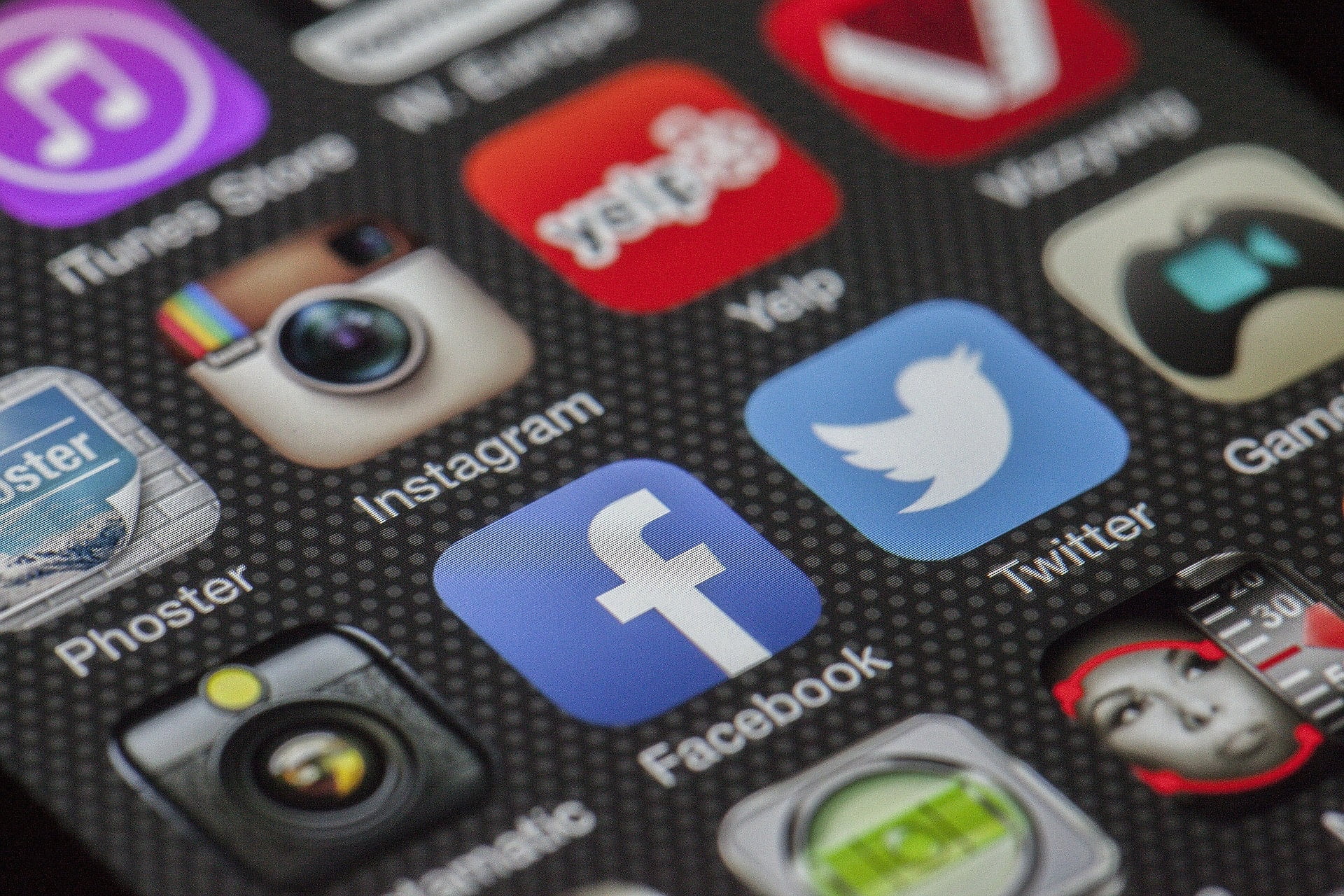How Social Media Can Impact Your Criminal Case

We’ve all heard about ill-advised social media posts which can impact people’s job searches, dating life, and family relationships. But how might your social media accounts impact your criminal case?
Here’s everything you need to know.
Social sites are sympathetic to law enforcement and the prosecution.
You should be wary when using social media sites, even if you’re not under investigation for any crime. The police have broad leeway to get to your information. They can try to friend you on fake accounts. They can usually get the sites themselves to hand over your information.
Meanwhile, both existing laws and ethics rules tie our hands, preventing us from doing the same.
Social media can help you or hurt you.
Obviously if you’ve taken to social media to confess to a crime you’ve committed or post pictures that place you at the scene of a crime at the right date and time to have committed it then social media could hurt you pretty badly. But your social account doesn’t have to be that blatant to hurt you. Prosecutors have used to to establish ties between defendants and the scene of a crime, witnesses, gangs, and more.
Even what you’re wearing in a photograph can be incriminating.
Indeed, you can expect your social accounts to be one of the first stops law enforcement will make. At this point, four out of every five investigators is using it to build their cases.
See also: Can Facebook Get You Arrested?
But social media can also be helpful. It might help you verify an alibi, for example. Sometimes it can be useful to scrutinize witnesses too, helping us to catch inconsistencies in their story we can use when they’re up on the stand, as long as their privacy settings allow us to get to the information “fair and square.”
If you’ve been accused, consider suspending your accounts.
You may have plenty of sense about what you post, but you can’t guarantee your family and friends will have the same level of sense. Even a seemingly innocent comment made about your case could put more ammo into the prosecution’s hands.
You can’t do much about content you’ve posted in the past. It’s out there. But you can ensure nothing new damages your chances of maintaining your freedom in the future.
Talk to us about your social media accounts.
If you think you have exonerating evidence in your profile you should always tell us, and if you are “friends” with any of the witnesses and happen to see something that might help, you should tell us that, too. You should also make us aware if you think there is any evidence in your social media profiles which may be used against you.
This goes for every type of criminal case you can think of. Social media evidence has even been used to prosecute DWIs.
Remember, your defense lawyer is often your only ally when you’re accused of a crime. Make sure you communicate with us, and arm us with all the information we’ll need to keep you safe.

